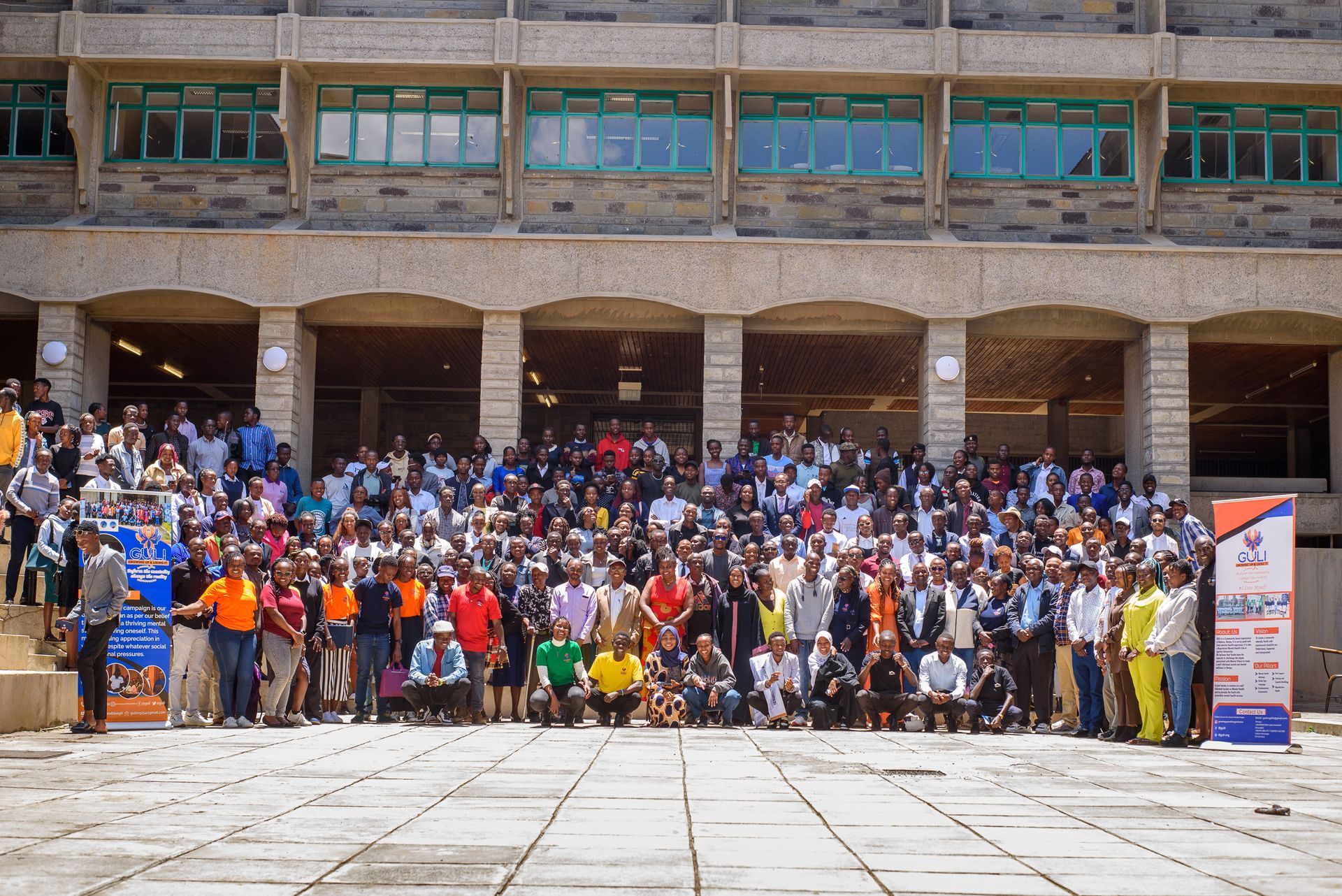Volunteering? How to avoid Voluntourism and find Experiential Learning opportunities instead
As a student of International Development, a lot of my focus and interest lies in how the Global North interacts with the Global South (and vice versa). Of particular interest to me is the *issue* of Voluntourism, which denotes the growing trend of individuals travelling to developing countries to undertake volunteer work, most commonly, from the Global North. Voluntourism, while I believe not always intentionally, can be extremely problematic for a number of reasons.
Most commonly, Voluntourism occurs through non-profits or companies who offer exciting packages involving a mix of volunteering and tourism activities in exotic locations such as India, South East Asia, and Southern Africa. Volunteer activities range massively depending on the organisation, however they often involve working in settings such as schools or hospitals. While these activities allow volunteers to get ‘hands-on’ experience, in many cases, they can be extremely harmful to the communities they aim to serve. Firstly, volunteers coming from outside of the community setting they are volunteering in often lack the language and vocational skills they need to effectively and positively contribute to the community.
To add to this, having a continual flow of Voluntourists can be a serious impediment to the investment in, and training of local people to undertake the same work . For example, all the while a hospital can attract a free source of labour from the Voluntourism industry, they will be discouraged to employ a local alternative at a price.
Further, volunteers are often able to choose extremely short-term packages, sometimes as little as 2 weeks in length. This is problematic as not only does it take time for the volunteer to settle into their new setting, but it also takes time for the community they’re serving to get used to them. For example, some organisations allow volunteers to teach in underprivileged schools in the developing country setting for as little as two weeks. While this may be a valuable experience for the volunteer, for the children they interact with it can be confusing and disruptive. Essentially, Voluntourism, while often unintentionally, is designed to serve the volunteer, not the community they are volunteering in. That is not to say that individuals who have undertaken ‘Voluntourism’-esque trips should be blamed or shamed. I would actually argue that they are equally victims, as Voluntourism organisations are often extremely expensive, and can be somewhat misleading in their marketing efforts.
So then, what can we do about the situation? For people interested in volunteering abroad, or outside of their own setting, I would suggest that investing time in research is the key to avoiding the Voluntourism industry. Look at the organisation you’re thinking of working with, does it operate as a company or a non-profit? How is it accredited? How much money are they asking for? What are previous volunteers saying about their experiences? Investing time in finding the answers to questions like these is very important.
Additionally, I would advise any prospective volunteer to self-evaluate. What skills do I already have? What languages do I speak? What skills could I teach others? Remember that as a volunteer you want to be adding value to the community you are serving, not just gaining experience yourself. This could be through teaching local staff some IT skills or using your academic background to help get a community project published in an academic journal. Remember also that as a volunteer, the community you are working with must come first. While, for example, you may have dreams of working on the front-line of mental health clinical work in the developing country setting, if you do not yet have the qualifications required to do so in your own setting, you should not do so in the developing setting either. Sometimes taking the ‘back-bench’ is more appropriate. And while this may seem less exciting than working ‘hands on’ with patients, it may be more valuable to the community you are serving.
Finally, I would suggest you look for experiential learning opportunities. Experiential learning is similar to Voluntourism in that it allows you to gain practical experience, however it does so while also providing you with learning opportunities in order for you to make the most of your time. Experiential learning is designed to be mutually beneficial to both the volunteer and the community, as it invests time in preparing the volunteer to be ready for field work, while holding the needs of the community as precedent. Also, experiential learning doesn’t always have to occur in an exotic country, in fact, some of the most valuable experiential learning opportunities may be happening on your own college campus, your neighbouring community, or across the other side of your country. While your dream career may be in the developing country setting, there is certainly knowledge to be gained from your own context, and equally importantly, there are certainly communities in need in your own context too. So to sum things up, I would say that for anyone looking to build their experience through volunteering:
- Invest in research: Learn about the organisation you’re thinking of working with, do their values match your own?
- Self-evaluate: How can you effectively help in the community setting? What limitations do you have (qualifications/language etc)?
- Look for experiential learning opportunities: Find opportunities that are grounded in mutually beneficial experiences and knowledge generation.
- Think local: Sometimes the best opportunities to learn and contribute to the community can be right under your nose!
Finally, remember that no volunteering opportunity will be perfect , but as long as you are able to prioritise the needs of the community you are serving, and effectuate long-term and sustainable change, there will be value in the work you do.
Stay tuned for more on Voluntourism and Experiential Learning from members of the GenMH Blog Team!





